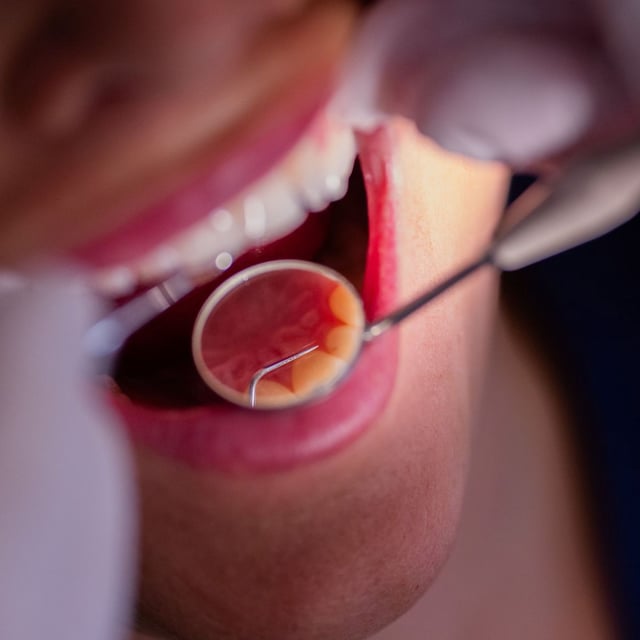Overview
- Cavity prevention efforts in Germany have led to a 90% reduction in cavities among children since the 1990s, with 78% of 12-year-olds now cavity-free.
- Adults aged 35-44 have seen a 50% drop in cavity prevalence since 1989, and tooth loss in this group is now rare, with most retaining nearly all their teeth.
- Only 5% of seniors aged 65-74 are completely toothless, an 80% decline since 1989, reflecting advances in preventative care and tooth-preserving treatments.
- Despite these improvements, around 14 million Germans suffer from severe periodontal disease, which can lead to tooth loss and increase the risk of heart and circulatory conditions.
- Educational and socioeconomic disparities persist, with lower-income and less-educated groups facing higher rates of cavities and tooth loss.

